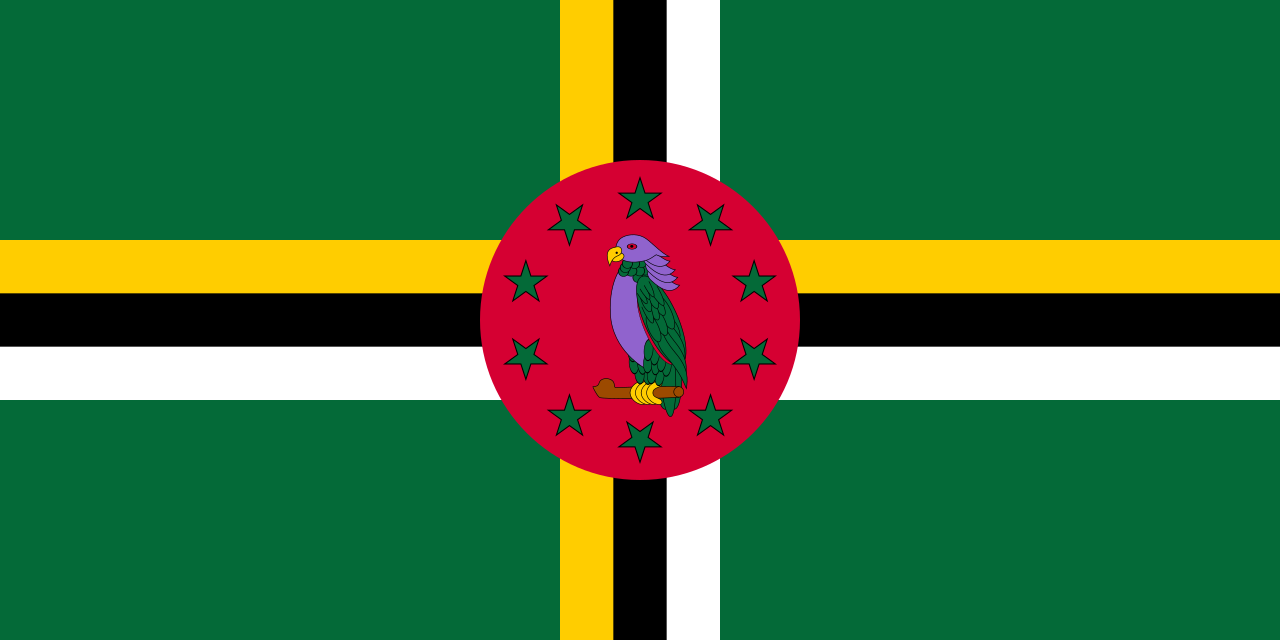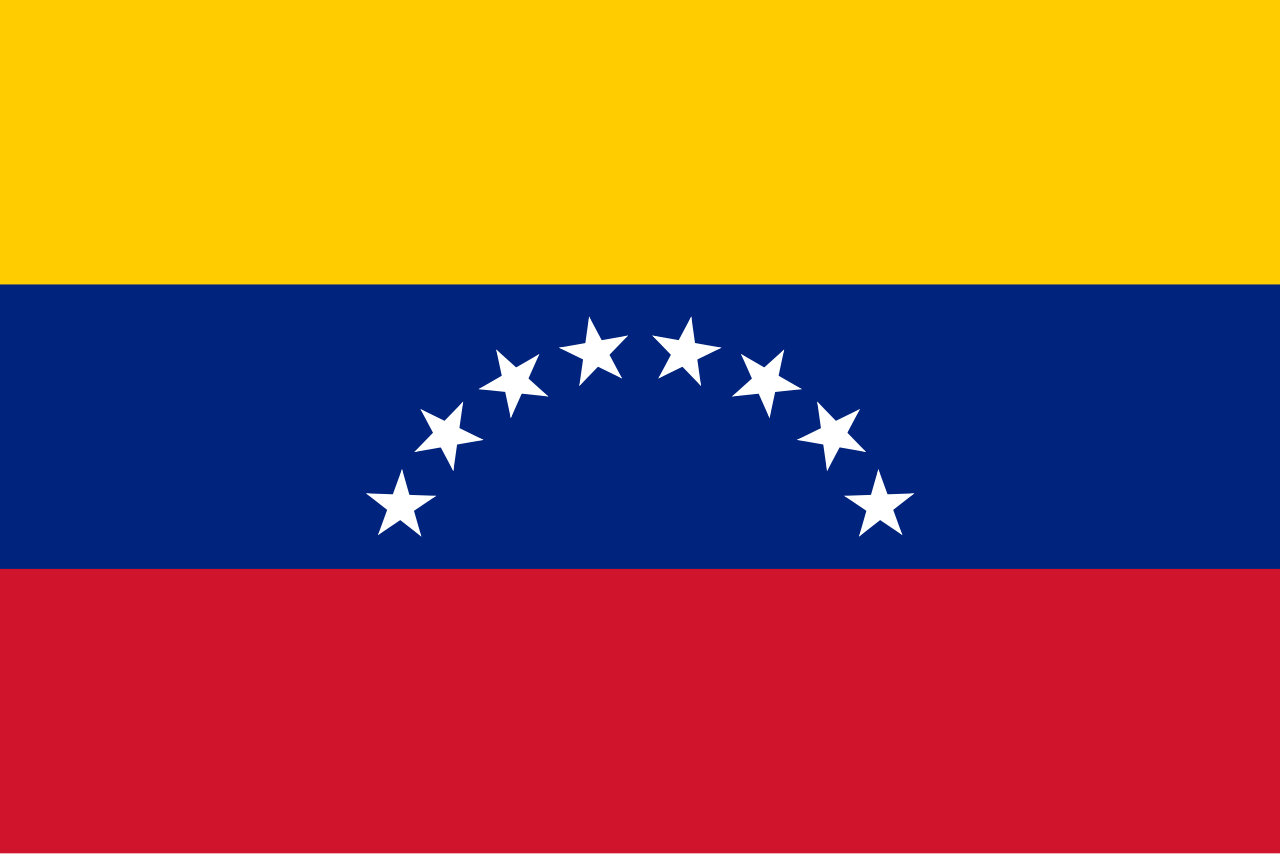Citizenship by Birth
A complete guide to countries offering automatic citizenship to children born on their soil.
What Is Citizenship by Birth?
Citizenship by birth—also known as birthright citizenship or jus soli (right of the soil)—is a rule where citizenship is determined by the place of birth. If a child is born within the territory of a country with unrestricted jus soli, they automatically become a citizen, regardless of their parents' nationality. This is most common in the Americas (North, Central, and South) and rare in Europe, Asia, and Africa.
Benefits of Birthright Citizenship
- Access to healthcare and education
- Unrestricted right to live and work
- Ability to sponsor relatives
- Passport and global travel freedom
- Constitutional legal protections
- Dual citizenship options (where allowed)
Countries Offering Citizenship by Birth

Argentina
Argentina offers automatic citizenship to all children born on its soil, regardless of the nationality of the parents.
View Requirements →Barbados
Barbados offers citizenship by birth to anyone born in the country, regardless of the nationality of their parents.
View Requirements →Canada
Canada offers one of the most renowned birth citizenship programs, granting citizenship to all children born on Canadian soil.
View Requirements →Chile
Chile allows automatic citizenship for children born in the country, offering full citizenship rights.
View Requirements →Cuba
Cuba grants citizenship to children born in the country, regardless of the nationality of the parents.
View Requirements →
Dominica
Dominica offers citizenship by birth, allowing children born in the country to automatically become citizens.
View Requirements →
Mexico
Mexico offers citizenship to all children born on its soil, regardless of the nationality of the parents.
View Requirements →United States
The United States grants automatic citizenship to all children born in the country, regardless of their parents' citizenship status.
View Requirements →Uruguay
Uruguay offers citizenship to children born in the country under its jus soli law, providing full rights to the child.
View Requirements →
Venezuela
Venezuela grants automatic citizenship to all children born in the country.
View Requirements →Tanzania
Tanzania grants automatic citizenship to all children born in the country, regardless of their parents' nationality.
View Requirements →Brazil
Brazil offers citizenship by birth to any child born on Brazilian soil, regardless of their parents' nationality.
View Requirements →Chad
Chad grants automatic citizenship to children born on its territory, regardless of the nationality of their parents.
View Requirements →Guatemala
Guatemala offers citizenship to children born within the country, regardless of the parents' nationality.
View Requirements →Peru
Peru grants automatic citizenship to children born in the country, no matter their parents' citizenship status.
View Requirements →Jamaica
Jamaica allows children born in the country to obtain automatic citizenship.
View Requirements →Trinidad and Tobago
Trinidad and Tobago grants citizenship to children born in the country, irrespective of the parents' nationality.
View Requirements →Fiji
Fiji grants automatic citizenship to all children born in the country.
View Requirements →Guyana
Guyana offers citizenship by birth for all children born on its soil, regardless of the nationality of their parents.
View Requirements →Belize
Belize grants automatic citizenship to children born within the country.
View Requirements →Saint Lucia
Saint Lucia offers citizenship by birth to any child born on the island.
View Requirements →Grenada
Grenada grants citizenship to children born on its soil, regardless of their parents' nationality.
View Requirements →Saint Vincent and the Grenadines
Saint Vincent and the Grenadines offers automatic citizenship to children born on its soil.
View Requirements →Antigua and Barbuda
Antigua and Barbuda grants citizenship to children born on its territory.
View Requirements →Saint Kitts and Nevis
Saint Kitts and Nevis offers automatic citizenship to children born in the country.
View Requirements →Tuvalu
Tuvalu offers citizenship to children born in the country, no matter their parents' nationality.
View Requirements →Ecuador
Ecuador offers automatic citizenship to children born on its soil, regardless of the nationality of their parents.
View Requirements →Bolivia
Bolivia grants citizenship by birth to any child born on its soil, irrespective of the nationality of the parents.
View Requirements →Honduras
Honduras offers automatic citizenship to children born in the country, regardless of their parents' nationality.
View Requirements →Paraguay
Paraguay grants citizenship to children born in the country under its jus soli law.
View Requirements →Nicaragua
Nicaragua offers automatic citizenship to children born on its soil, regardless of their parents' nationality.
View Requirements →El Salvador
El Salvador grants citizenship by birth to any child born in the country.
View Requirements →Costa Rica
Costa Rica offers automatic citizenship to children born on its soil, regardless of their parents' nationality.
View Requirements →Panama
Panama grants automatic citizenship to all children born within its borders, regardless of the nationality of the parents.
View Requirements →Frequently Asked Questions
Can birth citizenship be revoked?
Only under rare conditions like voluntary renunciation or in cases of fraud. Most countries grant it permanently as a birthright.
Can my children inherit it?
Yes, generally citizens by birth can pass their citizenship to their children, even if the children are born abroad (citizenship by descent).